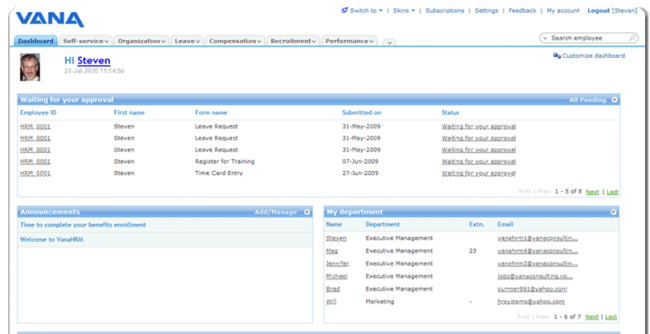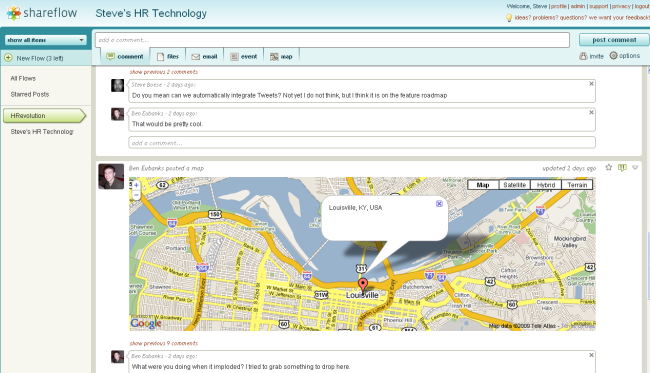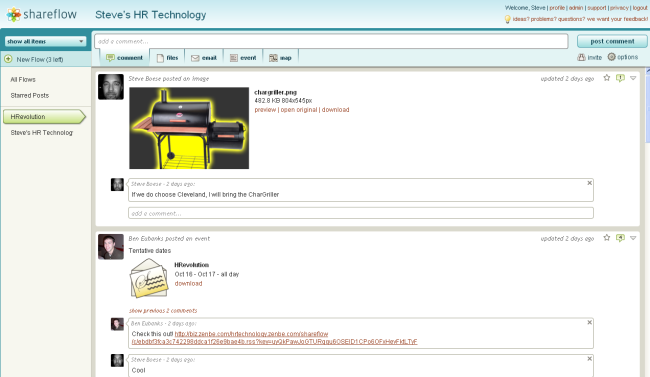Lost in Wonderamaland
I spent the day yesterday at my Dad's house, which used to be my house as well I suppose, helping him get re-settled as it were, freshly home from a lengthy illness that required hospitalization, then intensive care, followed by two weeks in a rehab facility.
Dad is doing much better, and I continue to be thankful for all the support and kind wishes I have received in the last two months as this drama meandered on, through several ups and downs.
At the house, digging through one of the many closets that all were seemingly absolutely packed with stuff, I unearthed an old 13-inch black and white television. The television is at least 30 years old, and I remember well the constant fiddling and jostling with the antenna in attempts to better focus important episodes of Charlie's Angels, Fantasy Island, and of course Met and Yankee games.
For a moment I convinced myself if I turned that little black and white tv back on, it would still be able to dial in those old programs. I want to think that while I have gotten older and moved on and grown up that the tv is still living in 1978, Farrah is still young and alive and gorgeous, Ricardo Montalban can re-assume his rightful place as the most interesting man in the world, the Mets stink and the Yankees are World Series champions. Well, at least in 2010 the order of things in baseball hardly seems to have changed.
I pulled the tv out from the closet, early on a Saturday, in the room where I spent the better part of 20 years. I wanted to watch Wonderama one more time. I wanted to be sure that Farrah and Ricardo and Bob McAlister  Bob McAlisterwere still in there somewhere, behind the tiny, dusty screen, and along with them my 10 year old self.
Bob McAlisterwere still in there somewhere, behind the tiny, dusty screen, and along with them my 10 year old self.
My son is about the same age now that I was back then. When that little black and white must have seemed to me like the most important possession in the world. When everything was not only possible, but almost certainly achievable. When my Dad played ball with me, every time I asked him to.
I wonder if one day, thirty or so years from now if my son will be digging through one of my old closets, unearthing some similar relic, a Wii game, or an ancient DVD player and have some of these same thoughts. Will he stop what he is doing and try for just a minute to forget about his problems, his fears, the pressures of having to take care of the person that always took care of him?
Will he think to himself, 'I was so happy back then, so freakin' happy.'
I hope so.

 Steve
Steve



